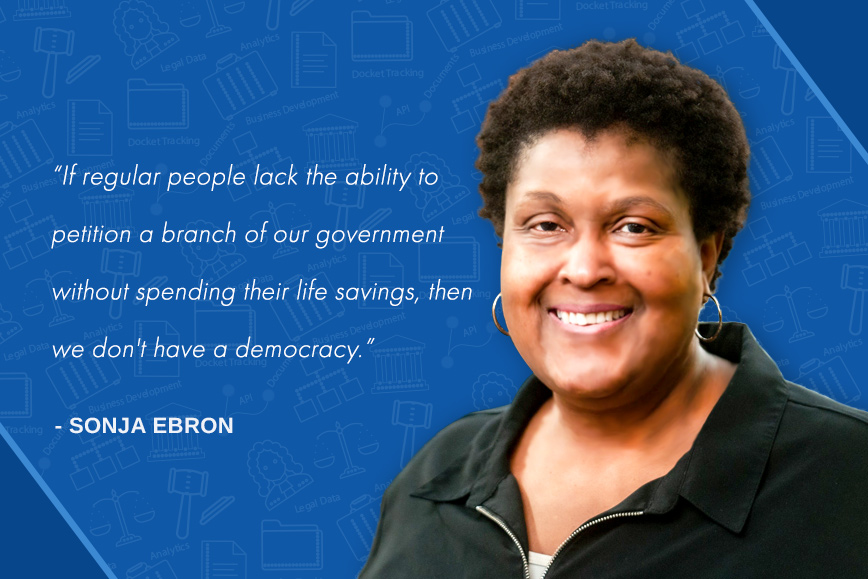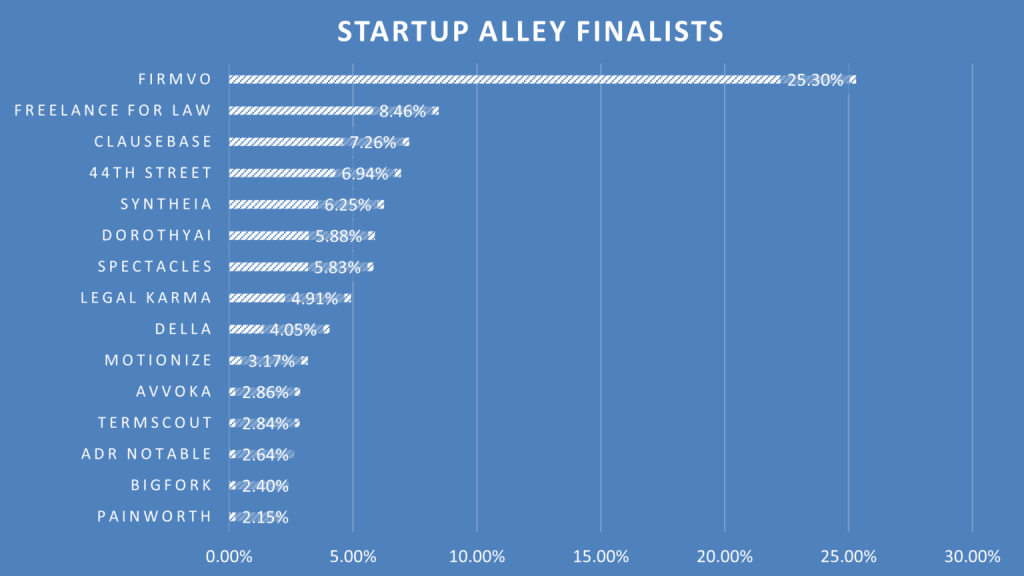Technology and Access to Justice: How Does It Work? — from lawdroid.com by Robin Bull
Excerpt (emphasis DSC):
At its most basic level, the term “access to justice” means the ability that a person has in accessing the legal system. This includes, and is not limited to, the ability to afford an attorney and file a lawsuit. There is only a legal right to an attorney if a person faces a criminal charge. There is no right to an attorney if someone is involved in a civil matter.
…
In the civil system, there is no constitutional right to an attorney. If a person can afford an attorney, great. Sure, there are legal aid organizations set up to provide access to justice. However, many do not have the funds, enough employees, or enough volunteers to help every person who seeks them out. Many Americans cannot afford to pay an hourly rate to have an attorney handle a civil matter. Even if they manage to come up with a retainer, they may not be able to see the matter through to completion or finish paying their attorney.
Here are a few ways that technology and access to justice work together.
Also see:
- UniCourt Influencer Q&A with Sonja Ebron of Courtroom5 — from UniCourt.com












